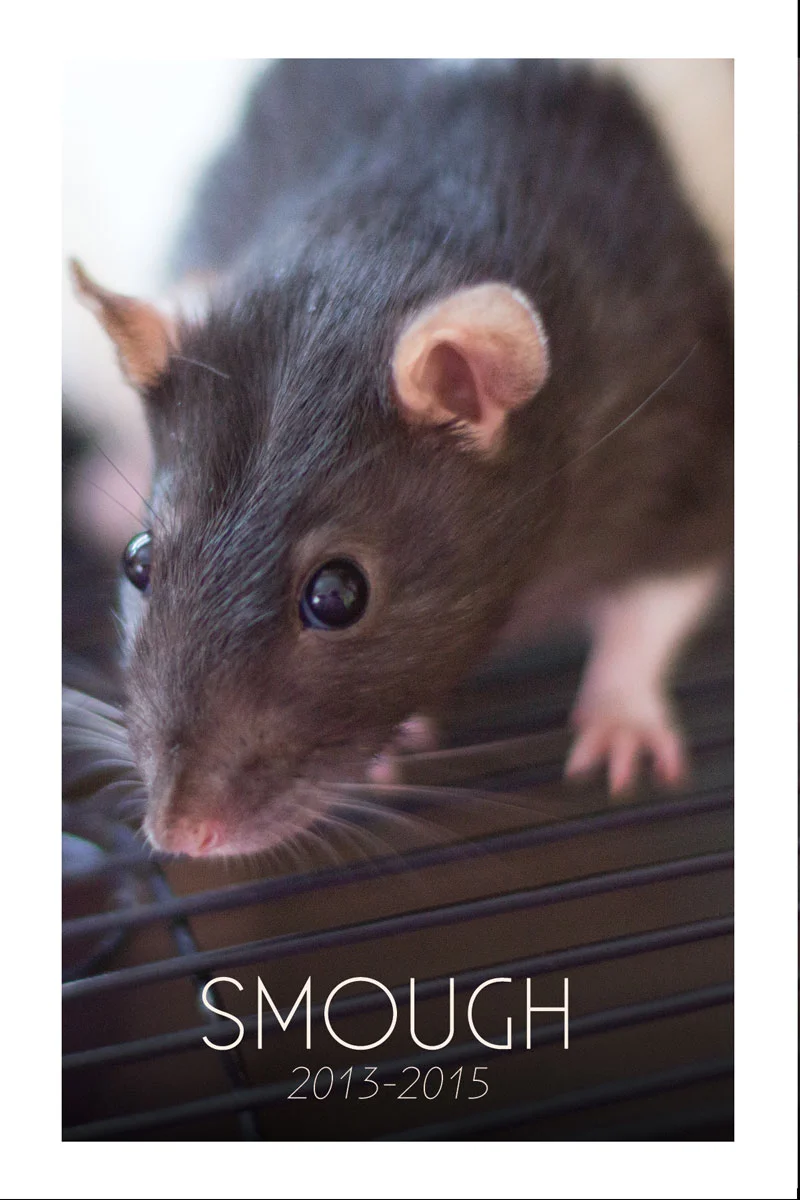I got this question from a former student:
Hey doc! I have a random medical question and you're the only person I could think of that could possibly explain it in a way I can understand. What is the physiology of heartache? What causes the physical "ache" or "pain" a person feels in their chest/heart area when they're grieving or experiencing heartache?
I'm really interested in this, actually, because the chest pain I get from the depression is the same as the chest pain I had when I broke up after long relationships.
When Carrie Fisher died, and her mother Debbie Reynolds died the next day, I saw a lot of news reports saying Debbie died of "Broken Heart Syndrome" aka Takotsubo Cardiomyopathy, which led to a number of as-usual-totally-wrong news reports that heartache you get after a breakup is actually a heart attack and will kill you.
First, let's keep in mind that when she died, Debbie Reynolds was 84. Also the autopsy showed she'd died of a stroke. So the heartache idea is totally wrong. That being said, if you are 84, you probably have some narrowed vessels or cholesterol plaques or areas of weakened artery walls (called aneurysms) in your brain and your daughter dying might stress you out and cause an increase in blood pressure and heart rate that might cause one of those weak spots to blow. Very sad. But not a heart problem.
I spent a little time looking up "Broken Heart Syndrome" at the time and the idea is that stress causes a big surge in norepinephrine and heart rate and blood pressure and this leads to a weird shift in coronary blood flow that can lead to something like a vasospastic angina. However, EKGs done during a bona fide episode of Takotsubo cardiomyopathy shows signs of reduced oxygenation, like angina or an MI (heart attack). So yes, severe stress can trigger some coronary blood flow weirdness. But it's super rare and I challenge you to find someone who has never had heartache.
But "heartache" doesn't mean "you are dying of a heart attack". That would be spectacularly counter-evolutionary, for one thing. The whole point of even having heartache is to encourage you to stay with your mate and clan so they can help raise your (unreasonably helpless human) baby. The emotional pain of losing someone you love is like withdrawal of a drug (love). Love makes you want to mate, which makes more babies, which eventually leads to your species being in charge and a bunch of crazy weirdos becoming leaders of countries and the planet.
...speaking of chest pain...
Anyway, I've seen some pseudoscience sites say the stress increases norepinephrine (NE) and so of course that causes the broken heart syndrome. I expect it sounds logical, but then why do I (and others) get that same chest pain when we are depressed? Surely if constant chest pain for years on end was due to inadequate oxygenation of heart tissue people with depression would eventually get heart failure and die. (I just coincidentally had a stress test with echo that showed my heart is A-Okay despite years of depression).The monoamine hypothesis suggests depression occurs when there is too little NE, or serotonin or dopamine. That's why drugs that increase or mimic those neurotransmitters help relieve depression. So... feeling depressed after a break up is due to levels of NE being too high and being too low? Doesn't make sense.
Looking around the web and medical websites it looks like no one knows why depression and breakups cause chest pain. A press release from Emory describes a prospective study of over 5000 adults in North Carolina that showed depressed people have chest pain and it happens in the absence of coronary artery disease. Yeah, duh.
I've also seen a lot of people quoting a Scientific American "Ask the Experts" article written by Robert Emery and Jim Coan (two PhDs, not medically trained) talking about emotional pain triggering "the anterior cingulate cortex [that] may respond by increasing the activity of the vagus nerve—the nerve that starts in the brain stem and connects to the neck, chest and abdomen. When the vagus nerve is overstimulated, it can cause pain and nausea."
My students know that any reference to the vagus nerve causing angina makes me infuriated. The vagus nerve slows heart rate. Any pain or nausea caused by the vagus nerve would have to be referred stomach or esophageal pain. Not the heart.
So the answer, I think, is that no one knows why heartbreak and depression cause chest pain.
I expect that folks will keep studying the phenomenon because that chest pain totally sucks, even if you only count the cost of ER visits due to MI false alarm. And depression is the top reason for disability in America and disability means lost time working and paying taxes. And our government definitely wants us all to work and pay taxes. So stop with the chest pain already!
Pronounced: (yer-tuh-sore).
(Translation: heart sorrow or heartache)
Exercise: Use "hjertesorg" in a sentence:
Example: Da rotte Smough døde, hadde jeg hjertesorg.
(When my rat Smough died, I had heartache.)


